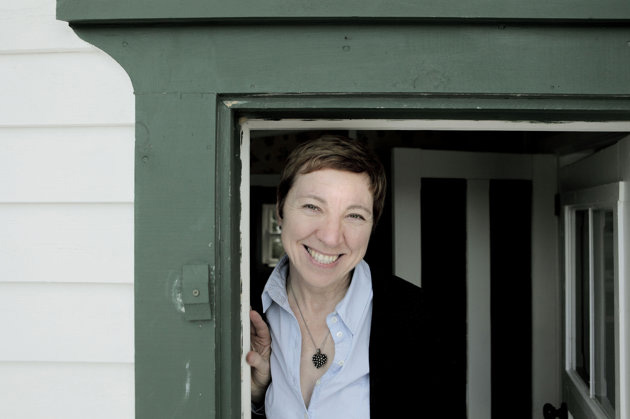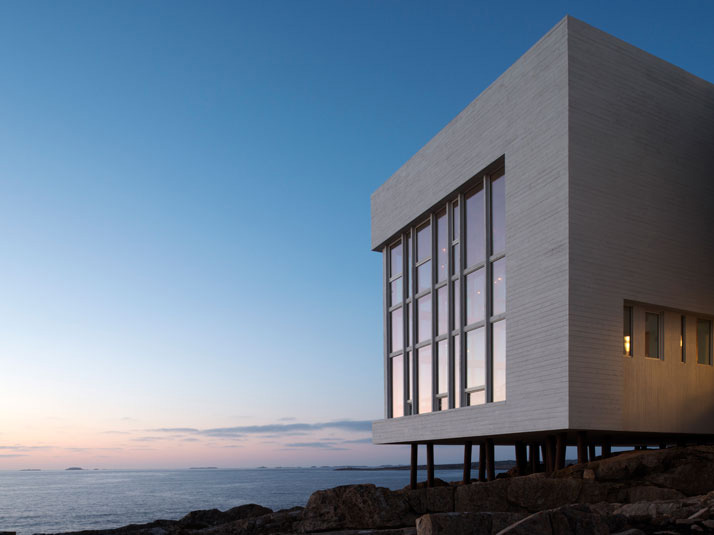



Her grandparents “used to say that the most important thing is to keep the most important thing the most important thing,” recalls Zita Cobb, “and so, for Fogo Islanders, there’s no doubt that place is the most important thing.” Although she left as a teenager to study, make a fortune and travel the world, Cobb held fast to that belief, and several years ago returned to the tiny fragment of Newfoundland where she was born, to live and help others prosper.
After earning an M.B.A., Cobb had gone to work for an oil company, quit that job to spend six months in Africa, then joined JDS Fitel, an American-owned fiber optics company. By 2000, as the company’s chief financial officer, Cobb was the third-highest-paid female executive on American payrolls. When she left that job, a multimillionaire, she spent several years sailing around the world. Then, one of Canada’s wealthiest women returned to one of Canada’s poorest locales. “I’ve been coming back since the day I left,” she told The Island Review, an online magazine. “It’s never stopped calling out.”
 Zita Cobb
Zita Cobb
The New York Times has described Fogo Island as a “freckle of land that lies off the northeast corner of Newfoundland, Canada, with a population of 2,700 or so scattered across a series of fishing communities with names like Seldom, Joe Batt’s Arm and Tilting. It has its own peculiar time zone, 1.5 hours ahead of Eastern Standard Time – though in truth it feels like it’s hundreds of years behind: when it’s 10 p.m. in New York, it’s 1825 on Fogo Island.”
In 1992, the island had been devastated, practically overnight, when the Canadian government outlawed cod fishing, the heart of Fogo Island’s economy. When Cobb returned more than 15 years later, the place had sunk to such depths that she had difficulty deciding what to do first. With her brother Anthony, she created the Shorefast Foundation, named after the line used to attach cod traps to the shore, and granted scholarships until someone told her, “It’s all really fine what you’re doing, but you do realize that you’re just paying our children to leave, don’t you?”
She then doubled down to learn as much as possible about the island’s needs, and devised a series of projects, including restaurants, academic studies, and art galleries, that would bring new vibrancy—and visitors—to the island.
That included exploiting its romantic past. For example, only a handful of people on the island still knew how to build punts, small wooden rowboats that had fallen into disuse after the cod fishing ban. And those people were getting old; as her brother told Cobb, “We’re eight funerals away from never being able to build another punt on Fogo Island.” Today there’s a punt-building program, and an annual race between Fogo Island and nearby Change Islands.
 Fogo Island Inn.
Fogo Island Inn.
Cobb’s brief is to honor Fogo Island’s past while ushering it—gently—into the present, in order to safeguard a future for the place she loves. “There’s a plague of sameness that is killing human joy,” she says, “and that hasn’t happened here.”